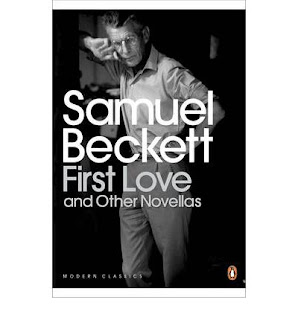Red Stitch Actors Theatre
18 March 2011
Red Stitch Theatre
to 16 April
www.redstitch.net
Red Stitch first brought the bloody incredible Howie The Rookie to Melbourne in 2002. I wasn't here, but am among the many who are thrilled to see this new production, which is part of a program celebrating the tenth anniversary of the independent company that regularly puts our funded companies to shame and brings us the scripts and the performances that Melbourne audiences deserve to see.
Mark O'Rowe's an Irish writer rightly won a stack of for his 1999 epic of redemption and loss. With language scooped from filthy Dublin gutters, it's told through two monologues with a present tense immediacy that drags us into a world so violent, devastating and fucking funny that we can't imagine how we ever thought that bashed boys with scabies or obese scrags in white leggings could be anything but beautiful. It's the kind of writing that makes me hurt because it's so good.
Paul Ashcroft (The Howie) and Tim Ross (The Rookie) attack each half with the kind of guts and energy that would let them win a Dublin pub fight. Ashcroft's physicality is frighteningly confronting, while Ross brings out the humour that could so easily get lost in the mess of piss, blood and scabies cream.
Greg Carroll's direction lets his actors draw deep and fill the stage with an energy that sparks. But I would have loved to see him trust the text a bit more, as there were moments that felt like they were underlining what was already bolded and hightlighted. It's so well written that the audience don't need to have it drawn so clearly; especially at the end of part one, which was given away too early. Don't warn us with mood; kick us in the guts as hard as Howie has been.
Even if our lives will never reflect the world of this play, the story has so much heart and goddam humanity that we have no choice but to know their rough and damaged souls. And this is where I get frustrated with Red Stitch. Some shows are so caught up with creating an authentic "them" (and showing the astonishing skill it takes to create "them") that the story struggles to be ours. We're so busy watching and admiring that we don't get lost in the world and have that inexpressible connection and understanding that every artist and audience longs for.
If it sounds like I'm being excessively picky about a company that I love, it's because sometimes they are so close to brilliant that the tiniest distractions can seem huge.
And don't you dare let it stop you seeing Howie The Rookie; it's a night of theatre that drags you into those filthy gutters, stabs your heart and leaves you breathless.
Photo by Jodie Hutchinson









